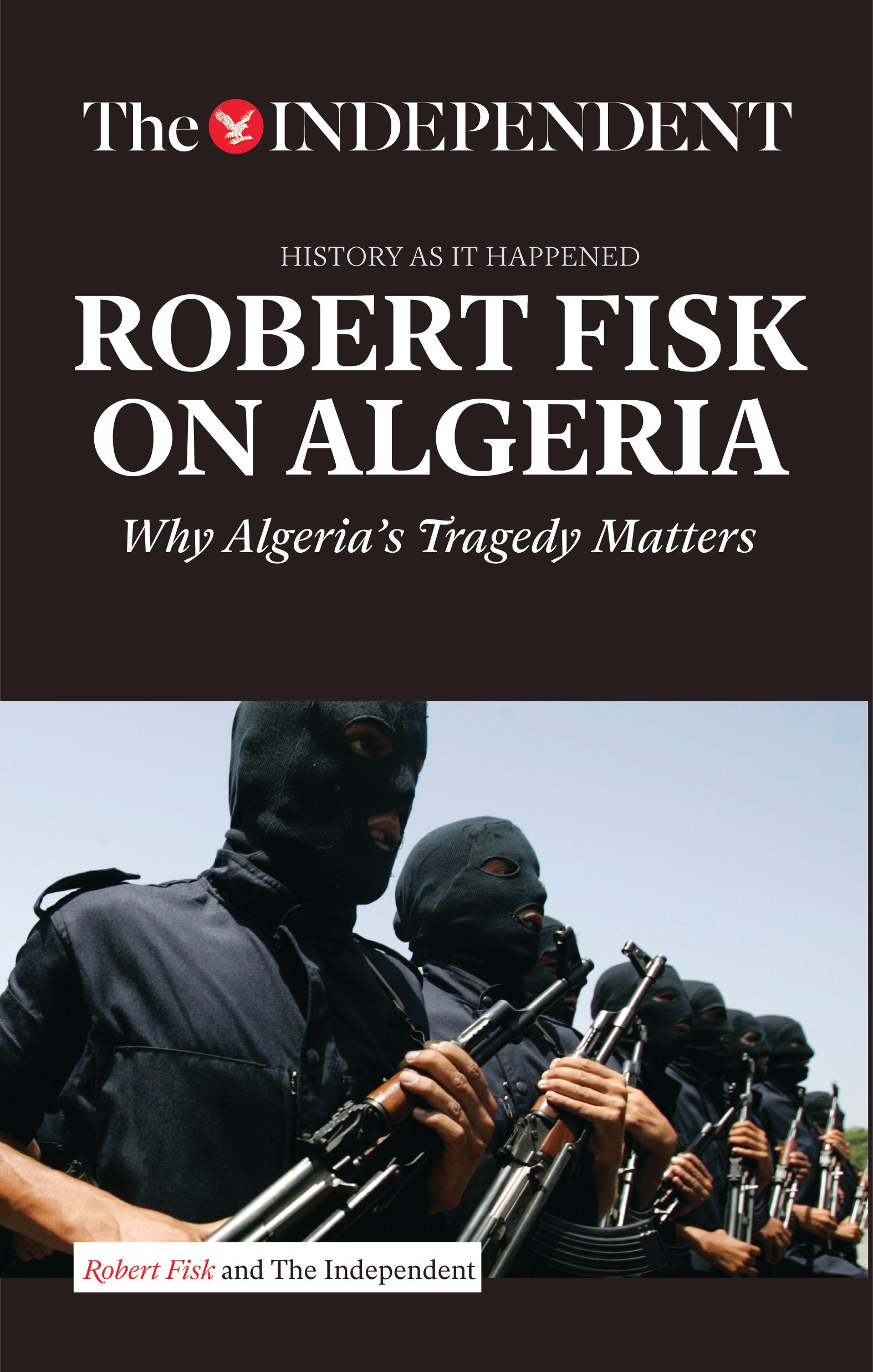The Independent's journalism is supported by our readers. When you purchase through links on our site, we may earn commission.

Your support helps us to tell the story
From reproductive rights to climate change to Big Tech, The Independent is on the ground when the story is developing. Whether it's investigating the financials of Elon Musk's pro-Trump PAC or producing our latest documentary, 'The A Word', which shines a light on the American women fighting for reproductive rights, we know how important it is to parse out the facts from the messaging.
At such a critical moment in US history, we need reporters on the ground. Your donation allows us to keep sending journalists to speak to both sides of the story.
The Independent is trusted by Americans across the entire political spectrum. And unlike many other quality news outlets, we choose not to lock Americans out of our reporting and analysis with paywalls. We believe quality journalism should be available to everyone, paid for by those who can afford it.
Your support makes all the difference.
A new front has opened in the global "war on terror", in the deserts of north Africa. Islamic extremists, loosely affiliated to al-Qa'ida, are attacking Western interests in an "arc of insecurity" stretching from Senegal to Somalia, with the fiercest recent action in Algeria and Mali.
Such outbreaks can be traced in part to the Arab Spring, and the side-effects of, for example, the fall of Colonel Gaddafi in Libya. But there is also another, darker source: the legacy of years of horrifying sectarian bloodletting in Algeria.
Rarely has a nation's suffering been so under-reported. More than 150,000 people have been killed by their fellow Algerians, mostly with sickening cruelty, since a general election won by the Islamic FIS party was annulled in 1992. The violence has slackened since 1999, when an amnesty induced many rebels to lay down their arms, but it has never stopped, and the scars on the national psyche will take decades to heal.
Meanwhile, the power and influence of the fighters who call themselves Al-Qa'ida in the Islamic Maghreb has been growing inexorably. Finally, with the insurgency in Mali and the hostage-taking and massacre at the In Amenas gas field in January 2013, Western leaders – and the Western public – have been forced to confront a problem that has hitherto passed under their radar.
For those seeking to understand why Algeria's tragedy matters, and what it means, there is no better place to start than here: a collection of contemporary reportage by the world's pre-eminent Middle-East correspondent, Robert Fisk, who raised the alarm about what was happening in Algeria while the rest of the world looked away.
The edited collection of articles that follows spans two decades, chronicling first-hand what happened when a nation's failure to reconcile its ideological differences led both sides to descend into barbarity.
Much of it is harrowing to read: a catalogue of man's inhumanity to man, punctuated with shining instances of courage, kindness and humour but no less tragic for that.
But it is the truth. And for anyone who wishes to understand the problems confronting us today, it is essential reading.
Available in print and as an eBook
Join our commenting forum
Join thought-provoking conversations, follow other Independent readers and see their replies
Comments